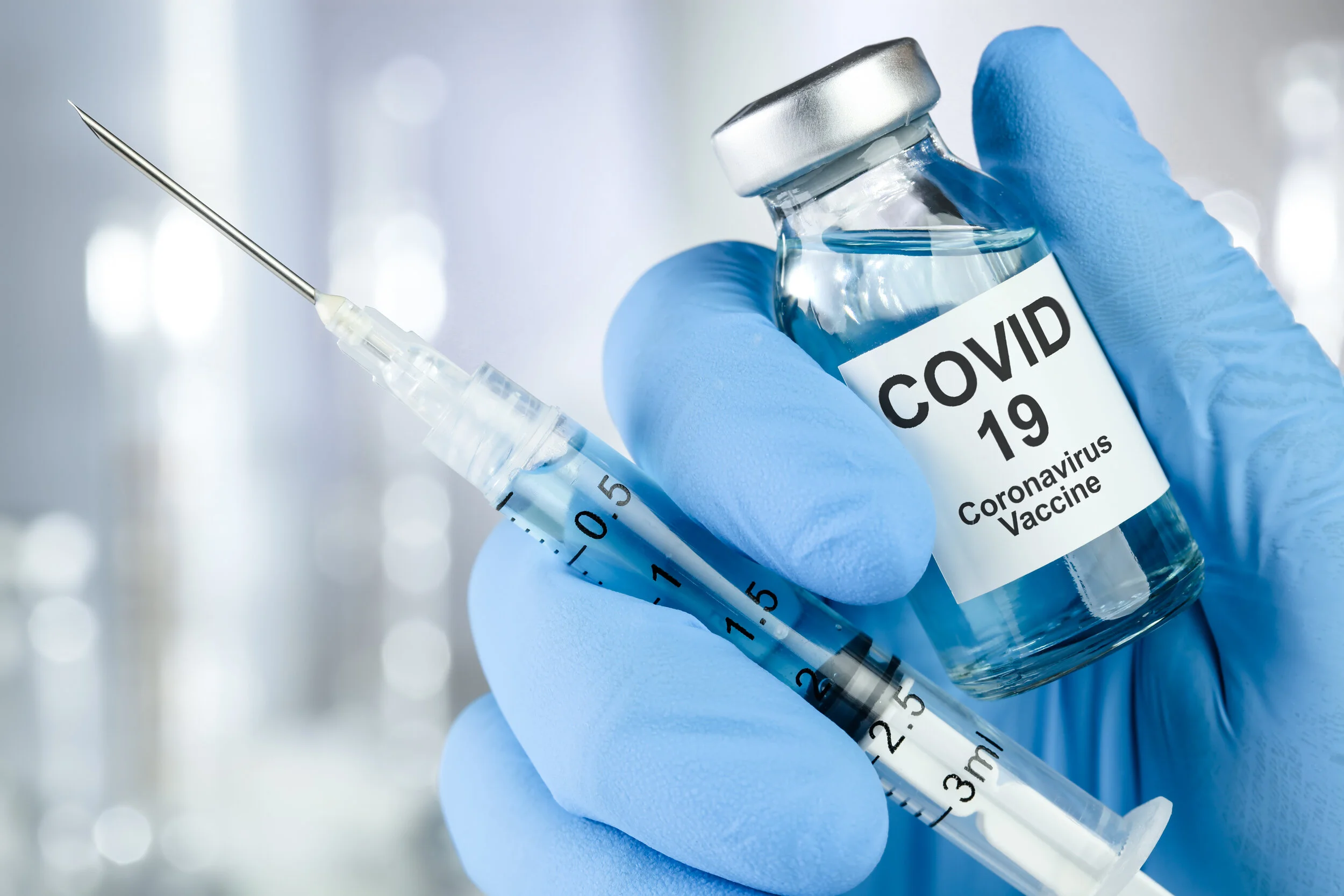Cancer And Coronavirus Vaccine
Cancer And Coronavirus Vaccine
Should People Living With Cancer Get The Coronavirus Shot?
People living with cancer must have a lot of questions about the coronavirus vaccine. Here we tried to provide some answers to the most typical questions we've seen being asked.
The Importance Of Good Information
Ever since the coronavirus pandemic brought the world to a stop back in April, there has been a lot of talk about a vaccine.
COVID-19 vaccines are our biggest chance to control the spread of the virus and subsequent return to normal life as it was before all of this. For the last 8 months, researchers and scientists across the world have been trying to bring the much-sought vaccine into reality. There are currently more than 300 different potential vaccines in development, many in their final stages of testing before being released publicly.
As initial data is being released from different trials, the anticipation is rising tentatively. With vaccine news coming in, we would like to make sure everyone has access to quality information about the COVID-19 vaccine and what it could mean for people living with cancer.
How Many Vaccines Are Currently Being Researched?
The World Health Organization currently counts over 300 different research projects for the development of a vaccine. The vaccine should confer protective immunity against the SARS-CoV-2 virus. Among those 300 potential results in search of a vaccine, 52 have entered the clinical development phase. New technologies, previous experience with vaccine projects against related viruses , and the presence of a pandemic health risk have sped up the usual development cycle, so it took months, instead of years.
Presenting SARS-CoV-2 antigens to the host, in the context of vaccine advancement, relies on technologies based on messenger RNA (mRNA), inactivated or genetically modified viruses, synthetic long viral peptides, and plasmid DNA vaccines. Two vaccines have been approved by some regulators, including one which has been approved by the European Medicines Agency (EMA) on 21 December 2021.
A third one is expected to go through the same process very soon. Many more vaccines are being tested in placebo-controlled phase III studies. These studies are carried out for enhanced efficiency and overall safety in a total of more than 100,000 participants.
Can Patients With Cancer Get Vaccinated Against COVID-19?
Patients with cancer may be offered vaccination against COVID-19 as long as components of that vaccine are not contraindicated to their current disease and therapy. The current US CDC guidance around vaccination does not discuss cancer but does consider immunocompromised individuals. Immunocompromised individuals may still receive COVID-19 vaccination if they have no contraindications to vaccination. However, they should be advised about the unknown vaccine safety profile and effectiveness in immunocompromised populations.
The expert panel reported that while some immunocompromised patients may encounter a limited response to the vaccine, it may still present some benefit for them. It is important to diminish the risk or severity of COVID-19 to cancer patients, particularly provided with recent data of higher rates of critical infection. More information on the vaccines can be found on the CDC website.
The Progress of COVID-19 Vaccine
The progress of various COVID-19 vaccines over an amazing 10-month period has brought up some questions about why there haven’t been similar transformative leaps in cancer treatment.
Cancer is an extremely complex disease, with over 200 different kinds that vary in biology, genetic make-up and behaviour. Each person’s cancer is different with its own set of hurdles to overcome, so it’s highly improbable there will ever be one single cure for it.
One of the most important challenges researchers face is that cancer can evolve, adjust and change and eventually deceive the immune system. COIVD-19 doesn’t appear to quickly change its make-up like cancer. And with COVID-19, researchers have been able to define particular targets that are found on the virus, which makes it much easier to treat than cancer.
Much of the science following the development of the recent COVID-19 vaccines have been underlined by previous analysis to learn the body’s immune system for other diseases, including cancer. And the remarkable development of the COVID-19 vaccine is in part because scientists, governments, industry and academic institutes around the world turned their focus and resources to this one goal. To additionally stimulate development, various phases of vaccine trials and production have been overlaid.

